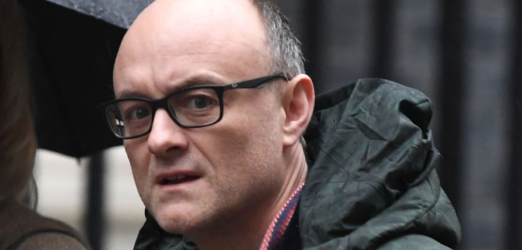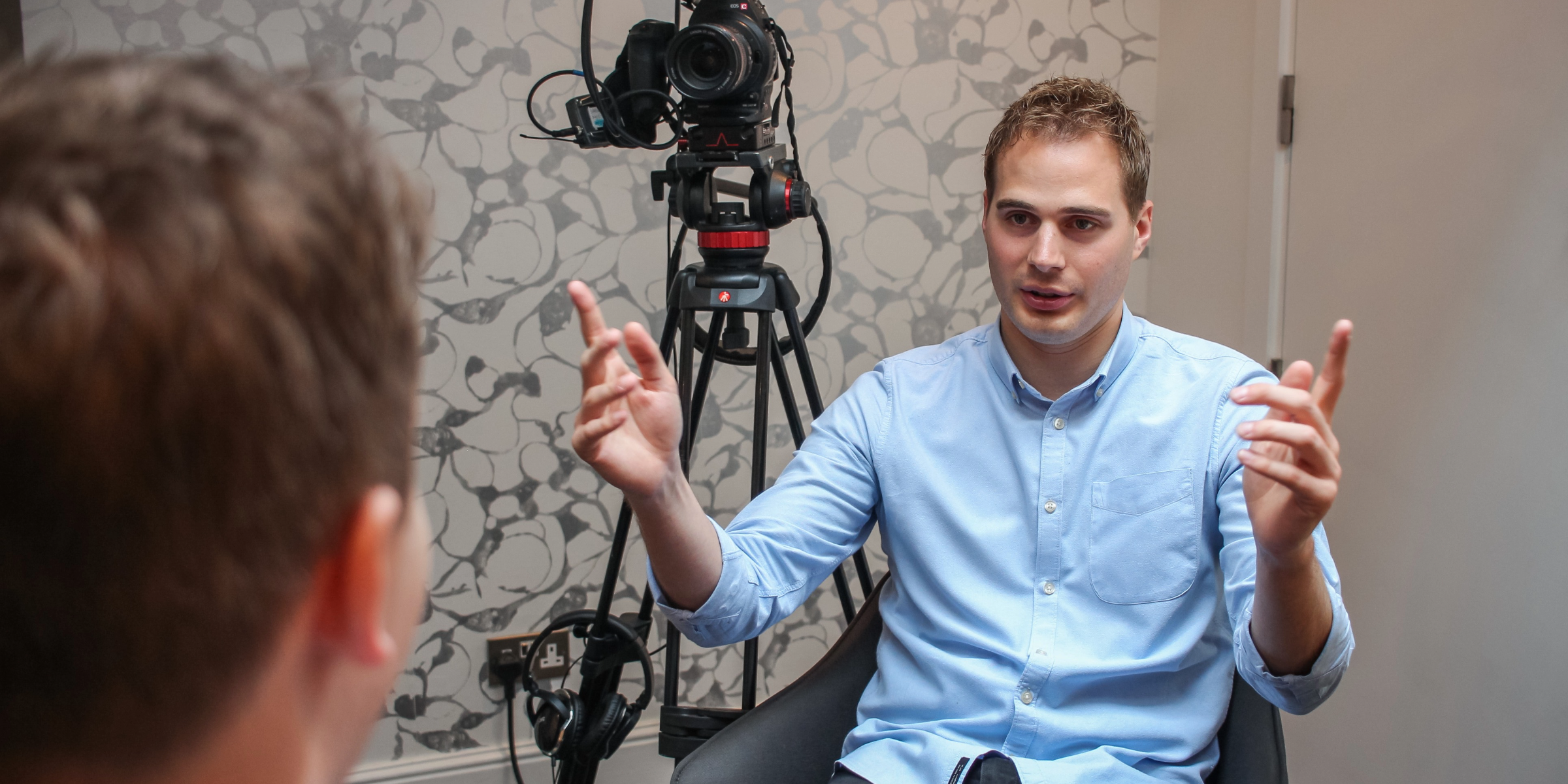Whilst many will sympathise with the prospect of both parents being ill and no child care for a 4 year old, Dominic Cummings’ decision to travel from his London home to his parents’ estate in Durham was ill-judged. That was his smallest error however; a much bigger issue is how he’s tried to explain it away without showing even the tiniest bit of remorse.
We might have guessed this when it was first revealed he was:
- A civil servant (not an elected politician) holding a press conference
- He was playing host to the UK’s most senior political journalists in the Prime Minister’s back garden at no. 10 Downing Street
- Having assembled the media and with national TV news running the story live, he was 30 minutes late for his own event.
All these factors play to Dominic Cummings’ greatest critics. They do nothing to dampen the accusations of arrogance that have been thrown at the senior adviser; in fact, they do the opposite. The rose garden at no. 10 may tick current rules concerning social distancing but in every other way the choice of venue, more commonly associated with the UK’s Prime Ministers and other state leaders, was unprecedented. It seemingly elevated him to a position, which as a civil servant, he does not hold.
When it comes to dealing with a crisis the four stages include acknowledge, contain, repair and build. His attempt to justify a 60-mile round trip, from his parents’ estate in Durham to the beauty spot Barnard Castle, was not credible – not on Easter Sunday, his wife’s birthday and with a young child in the back seat. Any attempt to salvage his reputation would have been better served by him putting his hands up and saying sorry. Once someone has apologised it is hard from a journalistic point of view to keep attacking; without an apology, and so much public opinion against him, the flood gates are open…….
Cummings delivered his statement in a seemingly relaxed and controlled manner. Having been led centre stage he showed no indication of trying to rush away. Or was that part of his strategy? He rambled on for around an hour – that’s a lot of airtime, live on national television – the audience could have been forgiven for losing interest. In our media training we stress the need for an interviewee to engage the audience, but that’s when you want to secure publicity. So to disengage, just repeat yourself and be a bit dull!
Attacking as a form of defence is always questionable. He accused the media of placing his London home under siege and reporting false stories about him. Getting away from said media would have been more credible had he not immediately returned to London, having declared himself recovered.
Dominic Cummings created a crisis for himself, which has tinged the government’s reputation; but by giving such an implausible account, particularly of the day trip to Barnard Castle he has created a second, much bigger crisis for the government. Boris Johnson’s support for his advisor meanwhile undermines his and the government’s credibility. In such a senior and influential position, Dominic Cummings needed to be squeaky-clean. He’s naive to think he can be in such a high-profile position and be anything less.
It seems unlikely that without an apology, a resignation or a firing this story will go away. There are still too many other questions unanswered: what about child care in London where his wife has family? How big is his petrol tank that he can travel so far without filling up? His credit card statement will tell that story anyway. Did his 4 year old go all that way without wanting to stop for the toilet? Only by answering these questions, or someone new stepping forward with fresh evidence, will the situation start to be contained. The longer the situation goes on the more difficult it will be for the government to repair and build back any resemblance of reputation.
One brand however might be happy about the publicity that has ensued. Sky News presenter Kay Burley asked Michael Gove, she admitted tongue in cheek, when would SpecSavers be opening.



